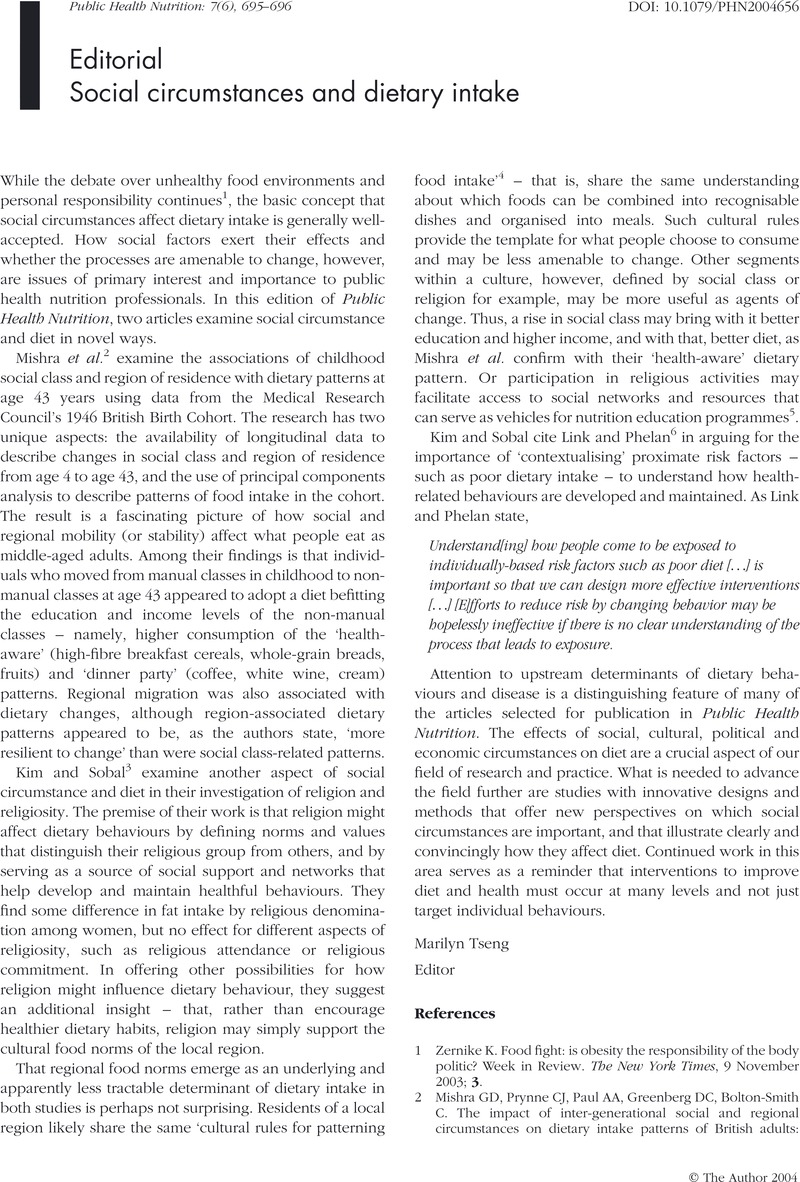Crossref Citations
This article has been cited by the following publications. This list is generated based on data provided by Crossref.
Dundas, Ruth
Boroujerdi, Massoud
Browne, Susan
Deidda, Manuela
Bradshaw, Paul
Craig, Peter
McIntosh, Emma
Parkes, Alison
Wight, Daniel
Wright, Charlotte
and
Leyland, Alastair H
2023.
Evaluation of the Healthy Start voucher scheme on maternal vitamin use and child breastfeeding: a natural experiment using data linkage.
Public Health Research,
p.
1.



